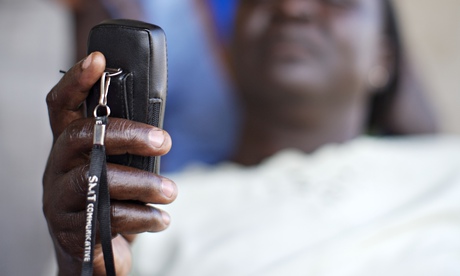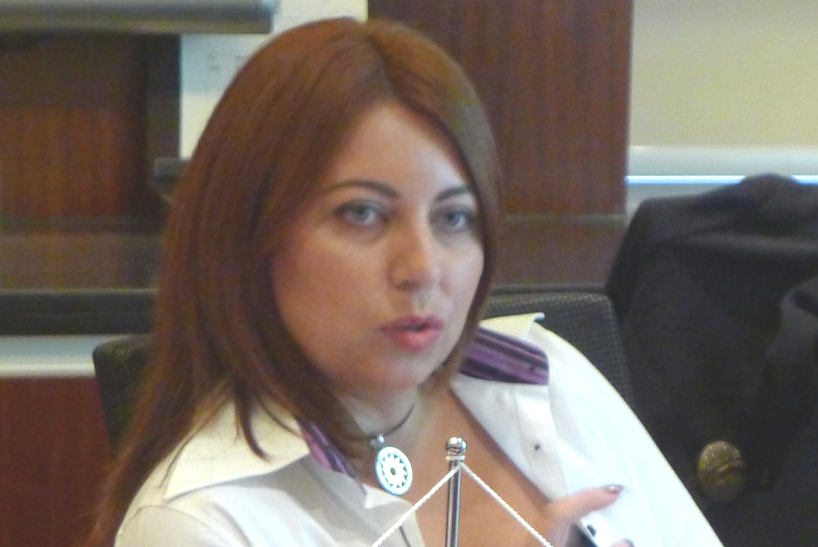The Nigerian Communications Commission (NCC) on Thursday said the Global System for Mobile Communications (GSM) networks were serving 124.88 million subscribers against the 126.24 million customers recorded in February, losing 1.36 million lines.
The NCC made this known in its Monthly Subscriber’s Data made available on its website.
The report showed that active lines in the nation’s telecommunications industry in the first quarter of 2014 reduced to 127.09 million from 129 million recorded in February 2014 losing 1.90 million lines.
The Code Division Multiple Access (CDMA) operators, who had more than 2.3 million users in February, lost 359,190 users, leaving them with 2.03 million customers in the first quarter.
Advertisement
The subscriber data also showed that the fixed wired/wireless networks’ consumers reduced to 172,963 in March, after losing 184,649 from 357,612 subscribers.
The connected lines in the telecoms operators’ networks also reduced from 177.23 million in February to 173 million in March, a shortfall of 4.22 million.
The data further revealed that the teledensity of the country’s telecommunications industry reduced from 92.14% in February to 90.78% in the first quarter.
Advertisement
Nigeria’s teledensity, currently calculated by NCC on the basis of the national population of 140 million people, measures the percentage of a country’s population with access to telecommunications services as determined by the subscribers’ base.
Meanwhile, the Association of Telecommunications Companies of Nigeria (ATCON) has said the listing of telecoms companies on the Nigerian Stock Exchange (NSE) would help to save their infrastructure.
The president of ATCON, Mr Lanre Ajayi, told NAN in Lagos that it was a good idea for such companies to be listed, as it would make more people part owners of the firms saying that such a development would be mutually beneficial to both the existing investors and the Nigerian people.
“When you own a company, no matter how tiny the part of the company you own, you feel a sense of protection for that company. So, when more Nigerians begin to own the companies, they will be tempted to protect those companies.”
Advertisement
“Maybe it may even impact more in the area of infrastructure protection. For example, if you have a share in one telecoms company and you notice vandals destroying the property of that company, chances are that you will be more inclined to intervene,” he said.
Add a comment






